Artist:
Wadada Leo Smith
Title:
America's National Parks
Year Of Release:
2016
Label:
Cuneiform Records [Rune 430/431]
Genre:
Jazz, Free Improvisation
Quality:
FLAC (tracks + .cue,log,scans)
Total Time: 01:36:36
Total Size: 526 MB(+3%)
WebSite:
Album Preview
TracklistCD1:
01. New Orleans: The National Culture Park USA 1718 (Smith) - 20:59
02. Eileen Jackson Southern, 1920-2002: A Literary National Park (Smith) - 9:40
03. Yellowstone: The First National Park and the Spirit of America - The Mountains, Super-Volcano Caldera and Its Ecosystem 1872 (Smith) - 12:35
CD2:
01. The Mississippi River: Dark and Deep Dreams Flow the River - a National Memorial Park c. 5000 BC (Smith) - 31:09
02. Sequoia/Kings Canyon National Parks: The Giant Forest, Great Canyon, Cliffs, Peaks, Waterfalls and Cave Systems 1890 (Smith) - 6:49
03. Yosemite: The Glaciers, the Falls, the Wells and the Valley of Goodwill 1890 (Smith) - 15:24
personnel : Wadada Leo Smith - trumpet, director of the ensemble
Anthony Davis - piano
Ashley Walters - cello
John Lindberg - bass
Pheeroan akLaff - drums
Wadada Leo Smith's recorded long-form works in the first half of the 2010s have all been justifiably celebrated. From 2010's Ten Freedom Summers to 2013's Occupy the World and 2015's Great Lakes Suites, his albums have evocatively and provocatively engaged their subjects in a deft musical language that investigates as well as illustrates. The six thematically and musically linked compositions of America's National Parks were birthed by Smith's own research on the congressional passing of the Organic Act in 1916 that created the National Parks Service. Unlike filmmaker Ken Burns' documentary, The National Parks: America's Best Idea, Smith doesn't celebrate the majesty of nature here. His hook was the idea of the parks as "...a collective notion about common property...where any American in history coming forward can see and have ownership…." His examination isn't always literal: While Yellowstone, Yosemite, and Sequoia/Kings Canyon are all represented by individual compositions, Smith goes further afield to include cultural, spiritual, historical, and symbolic sources as well: New Orleans, the Mississippi River (an historical "dumping ground for black bodies"), and the life of African-American musicologist, author, and founder of the journal The Black Perspective in Music (to which Smith has contributed), Eileen Jackson Southern. (In the subtitle he refers to her as "A Literary National Park.") His Golden Quartet (pianist Anthony Davis, drummer Pheeroan Aklaff, and bassist John Lindberg) has been expanded to include cellist Ashley Walters as another frontline player.
A seven-note riff from Lindberg introduces "New Orleans: The National Culture Park USA 1918" (the year it was founded as a French colony). While the bassist's pattern makes use of the blues, this is not an uptempo celebration of NOLA's musical heritage. Instead, it takes the myth of Buddy Bolden -- an unrecorded yet legendary jazz trumpet player -- as its muse. After the bass vamp, piano, drums, cello, and trumpet engage collectively and then take fine solo turns, African rhythms, jazz, and blues all wind through one another as a new music emerges from their sources. Where "Eileen Jackson Southern…" moves through tonal and timbral abstraction and color to gorgeous articulation, "Yellowstone..." moves from skeletal inquiry to pronounced form and dynamic interpolations of jazz, folk music (we're talking Native American), and Western classical music in multivalent conversation. "Mississippi River: Dark and Deep Dreams Flow the River – A National Memorial Park c. 5000 BC" is the longest of these compositions. It offers the ensemble the greatest opportunity to collectively improvise, but conversely, it's also the most through composed. Each detailed idea, notional conflict, and felt emotion is examined and expressed. One needn't take in all 90 minutes of America's National Parks at one go; it might work better, for some, to absorb slowly. Either way, it masterfully balances solo and group improvisation, chamber sounds, modern jazz, and avant composition.~Thom Jurek
X Lossless Decoder version 20211018 (154.0)
XLD extraction logfile from 2022-04-07 07:36:56 -0700
Wadada Leo Smith / America's National Parks (Disc 1)
Used drive : HL-DT-ST DVDRAM GP65NB60 (revision PF00)
Media type : Pressed CD
Ripper mode : XLD Secure Ripper
Disable audio cache : OK for the drive with a cache less than 1375KiB
Make use of C2 pointers : NO
Read offset correction : 6
Max retry count : 20
Gap status : Analyzed, Appended (except HTOA)
TOC of the extracted CD
Track | Start | Length | Start sector | End sector
---------------------------------------------------------
1 | 00:00:00 | 20:59:23 | 0 | 94447
2 | 20:59:23 | 09:40:36 | 94448 | 137983
3 | 30:39:59 | 12:34:51 | 137984 | 194584
List of alternate offset correction values
# | Absolute | Relative | Confidence
------------------------------------------
1 | 42 | 36 | 15
AccurateRip Summary (DiscID: 00068409-00151345-1a0a2203)
Track 01 : OK (v2, confidence 5/20)
Track 02 : OK (v2, confidence 6/21)
Track 03 : OK (v2, confidence 6/21)
->All tracks accurately ripped.
All Tracks
Album gain : -3.42 dB
Peak : 0.999969
Statistics
Read error : 0
Jitter error (maybe fixed) : 0
Retry sector count : 0
Damaged sector count : 0
Track 01
Filename : /Volumes/El Segundo/Rips/Wadada Leo Smith - America's National Parks (Disc 1) (2016) [FLAC]/01 New Orleans: The National Culture Park USA 1718.flac
Pre-gap length : 00:02:00
Track gain : -4.24 dB
Peak : 0.999969
CRC32 hash (test run) : 6D6320BB
CRC32 hash : 6D6320BB
CRC32 hash (skip zero) : B598AA76
AccurateRip v1 signature : 72F6A57D
AccurateRip v2 signature : 934F3C0C
->Accurately ripped (v2, confidence 5/20)
Statistics
Read error : 0
Jitter error (maybe fixed) : 0
Retry sector count : 0
Damaged sector count : 0
Track 02
Filename : /Volumes/El Segundo/Rips/Wadada Leo Smith - America's National Parks (Disc 1) (2016) [FLAC]/02 Eileen Jackson Southern, 1920-2002: A Literary National Park.flac
Pre-gap length : 00:01:74
Track gain : -0.20 dB
Peak : 0.996674
CRC32 hash (test run) : 0CA45286
CRC32 hash : 0CA45286
CRC32 hash (skip zero) : 9ABC8344
AccurateRip v1 signature : F76E7581
AccurateRip v2 signature : DF4A3453
->Accurately ripped (v2, confidence 6/21)
Statistics
Read error : 0
Jitter error (maybe fixed) : 0
Retry sector count : 0
Damaged sector count : 0
Track 03
Filename : /Volumes/El Segundo/Rips/Wadada Leo Smith - America's National Parks (Disc 1) (2016) [FLAC]/03 Yellowstone: The First National Park and the Spirit of America – The Mountains, Super-Volcano Caldera and Its Ecosystem 1872.flac
Pre-gap length : 00:01:74
Track gain : -2.98 dB
Peak : 0.999969
CRC32 hash (test run) : 9EC32737
CRC32 hash : 9EC32737
CRC32 hash (skip zero) : D8762E65
AccurateRip v1 signature : C117DD05
AccurateRip v2 signature : F04CEE4D
->Accurately ripped (v2, confidence 6/21)
Statistics
Read error : 0
Jitter error (maybe fixed) : 0
Retry sector count : 0
Damaged sector count : 0
No errors occurred
End of status report
-----BEGIN XLD SIGNATURE-----
IUDUqEAt.iVSbzsMRWz9Dtxk_PwP8_5mmZHKGIn0MMzg9kdKbA0DPqzHBMkGU6gpKnJ8KzDqIIakuSkal9dbvzg9p.N.yHdJaswYbqy
-----END XLD SIGNATURE-----
--------------------------------------------------------------------------------------
X Lossless Decoder version 20211018 (154.0)
XLD extraction logfile from 2022-04-07 07:55:51 -0700
Wadada Leo Smith / America's National Parks (Disc 2)
Used drive : HL-DT-ST DVDRAM GP65NB60 (revision PF00)
Media type : Pressed CD
Ripper mode : XLD Secure Ripper
Disable audio cache : OK for the drive with a cache less than 1375KiB
Make use of C2 pointers : NO
Read offset correction : 6
Max retry count : 20
Gap status : Analyzed, Appended (except HTOA)
TOC of the extracted CD
Track | Start | Length | Start sector | End sector
---------------------------------------------------------
1 | 00:00:00 | 31:09:02 | 0 | 140176
2 | 31:09:02 | 06:48:53 | 140177 | 170829
3 | 37:57:55 | 15:23:56 | 170830 | 240110
List of alternate offset correction values
# | Absolute | Relative | Confidence
------------------------------------------
1 | 42 | 36 | 15
AccurateRip Summary (DiscID: 000868ce-001ac0c9-270c8103)
Track 01 : OK (v2, confidence 6/21)
Track 02 : OK (v2, confidence 6/21)
Track 03 : OK (v2, confidence 6/21)
->All tracks accurately ripped.
All Tracks
Album gain : -4.71 dB
Peak : 0.999969
Statistics
Read error : 0
Jitter error (maybe fixed) : 0
Retry sector count : 0
Damaged sector count : 0
Track 01
Filename : /Volumes/El Segundo/Rips/Wadada Leo Smith - America's National Parks (Disc 2) (2016) [FLAC]/01 The MIssissippi River: Dark and Deep Drewams Flow the River - A National Memorial Park c. 5000 BC.flac
Pre-gap length : 00:02:00
Track gain : -4.42 dB
Peak : 0.999969
CRC32 hash (test run) : C2089E0C
CRC32 hash : C2089E0C
CRC32 hash (skip zero) : 7000640C
AccurateRip v1 signature : 2AAFBF89
AccurateRip v2 signature : 0F9AD9CA
->Accurately ripped (v2, confidence 6/21)
Statistics
Read error : 0
Jitter error (maybe fixed) : 0
Retry sector count : 0
Damaged sector count : 0
Track 02
Filename : /Volumes/El Segundo/Rips/Wadada Leo Smith - America's National Parks (Disc 2) (2016) [FLAC]/02 Sequoia/Kings Canyon National Parks: The Giant Forest, Great Canyon, Cliffs, Peaks, Waterfalls and Cave Systems 1890.flac
Pre-gap length : 00:01:74
Track gain : -5.22 dB
Peak : 0.999969
CRC32 hash (test run) : 29954A5B
CRC32 hash : 29954A5B
CRC32 hash (skip zero) : 902044AD
AccurateRip v1 signature : 2436C445
AccurateRip v2 signature : C0FB7D2B
->Accurately ripped (v2, confidence 6/21)
Statistics
Read error : 0
Jitter error (maybe fixed) : 0
Retry sector count : 0
Damaged sector count : 0
Track 03
Filename : /Volumes/El Segundo/Rips/Wadada Leo Smith - America's National Parks (Disc 2) (2016) [FLAC]/03 Yosemite: The Glaciers, the Falls, the Wells and the Valley of Goodwill 1890.flac
Pre-gap length : 00:01:74
Track gain : -5.04 dB
Peak : 0.999969
CRC32 hash (test run) : 0895EF06
CRC32 hash : 0895EF06
CRC32 hash (skip zero) : CAF1DFF4
AccurateRip v1 signature : 53728F22
AccurateRip v2 signature : 41B986D0
->Accurately ripped (v2, confidence 6/21)
Statistics
Read error : 0
Jitter error (maybe fixed) : 0
Retry sector count : 0
Damaged sector count : 0
No errors occurred
End of status report
-----BEGIN XLD SIGNATURE-----
5VDnwlCi2sqsQi0Hs0CM7NFFYBO9v_3xhpHnSFZDtlCGlKOP41aVAAFAQqzy774L7kU6R7aRm36A644EZti4csJOoCuSAapM0UPMWMS
-----END XLD SIGNATURE-----
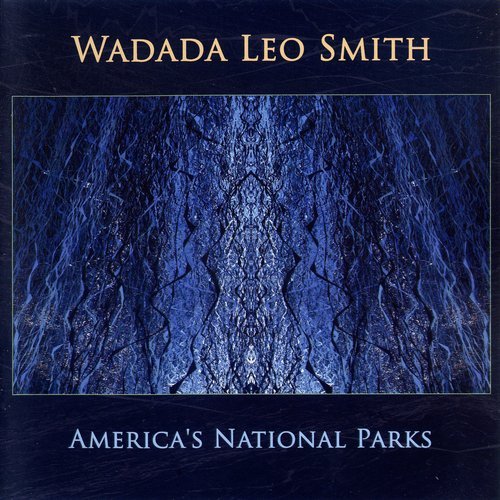
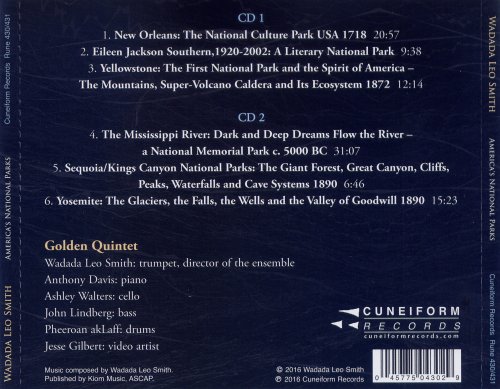

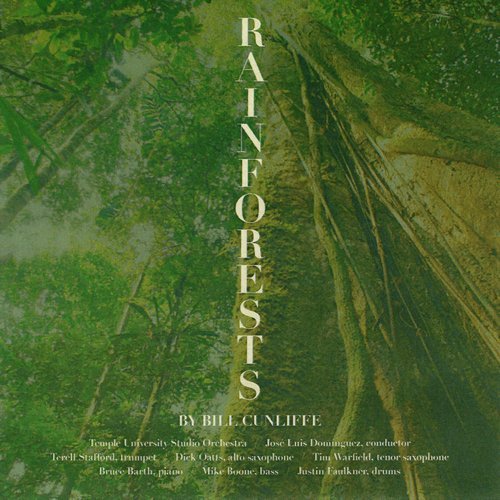
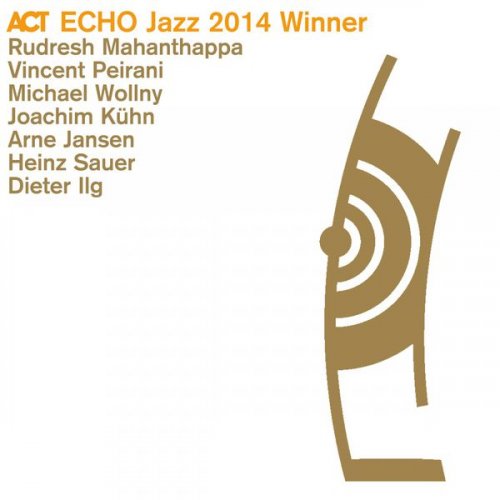

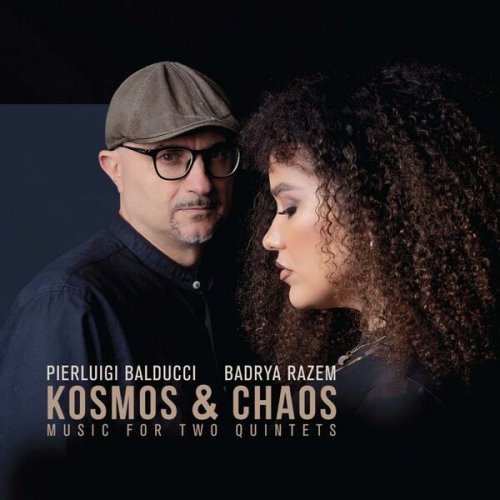
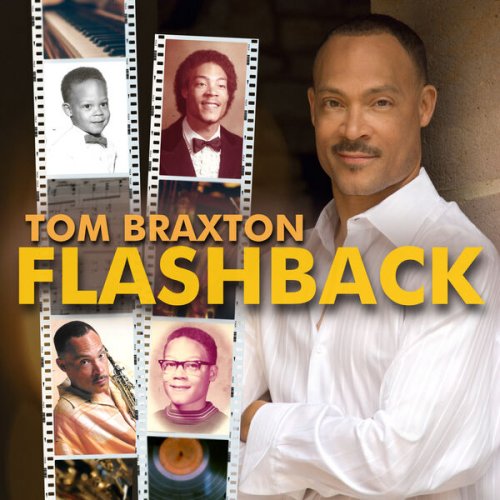
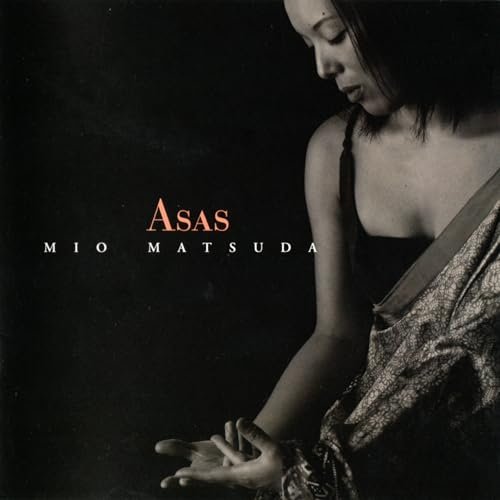
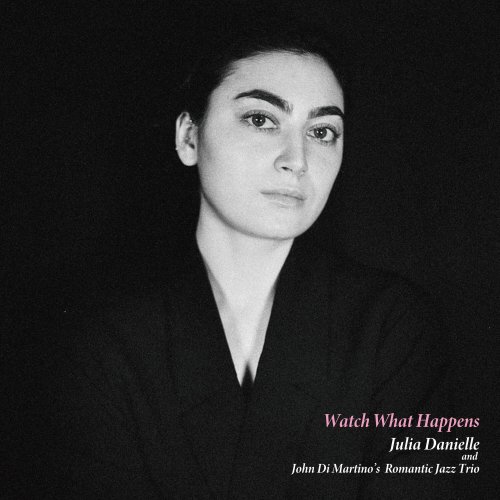
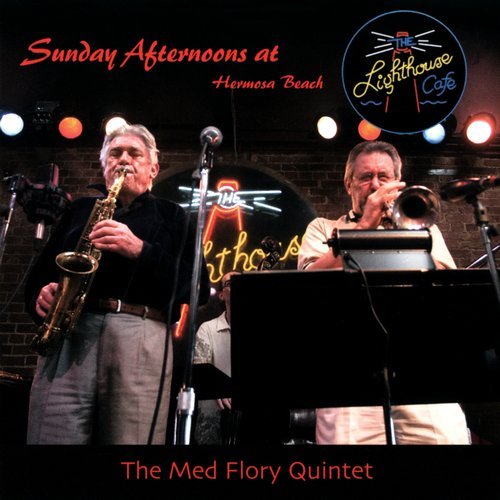
![Meinild/Anderskov/Tom - Spectral Entanglements (2023) [Hi-Res] Meinild/Anderskov/Tom - Spectral Entanglements (2023) [Hi-Res]](https://www.dibpic.com/uploads/posts/2026-02/1771491474_hl116k2q9n24a_600.jpg)